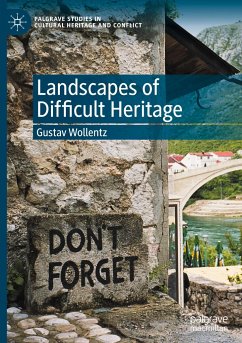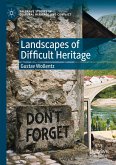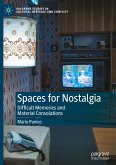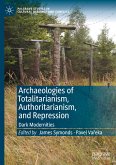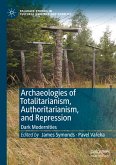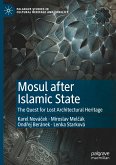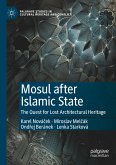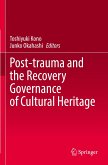This book studies how people negotiate difficult heritage within their everyday lives, focusing on memory, belonging, and identity. The starting point for the examination is that temporalities lie at the core of understanding this negotiation and that the connection between temporalities and difficult heritage remains poorly understood and theorized in previous research. In order to fully explore the temporalities of difficult heritage, the book investigates places in which the incident of violence originated within different time periods. It examines one example of modern violence (Mostar in Bosnia and Herzegovina), one example of where the associated incident occurred during medieval times (the Gazimestan monument in Kosovo), and one example of prehistoric violence (Sandby borg in Sweden). The book presents new theoretical perspectives andprovides suggestions for developing sites of difficult heritage, and will thus be relevant for academic researchers, students, and heritage professionals.
Bitte wählen Sie Ihr Anliegen aus.
Rechnungen
Retourenschein anfordern
Bestellstatus
Storno

